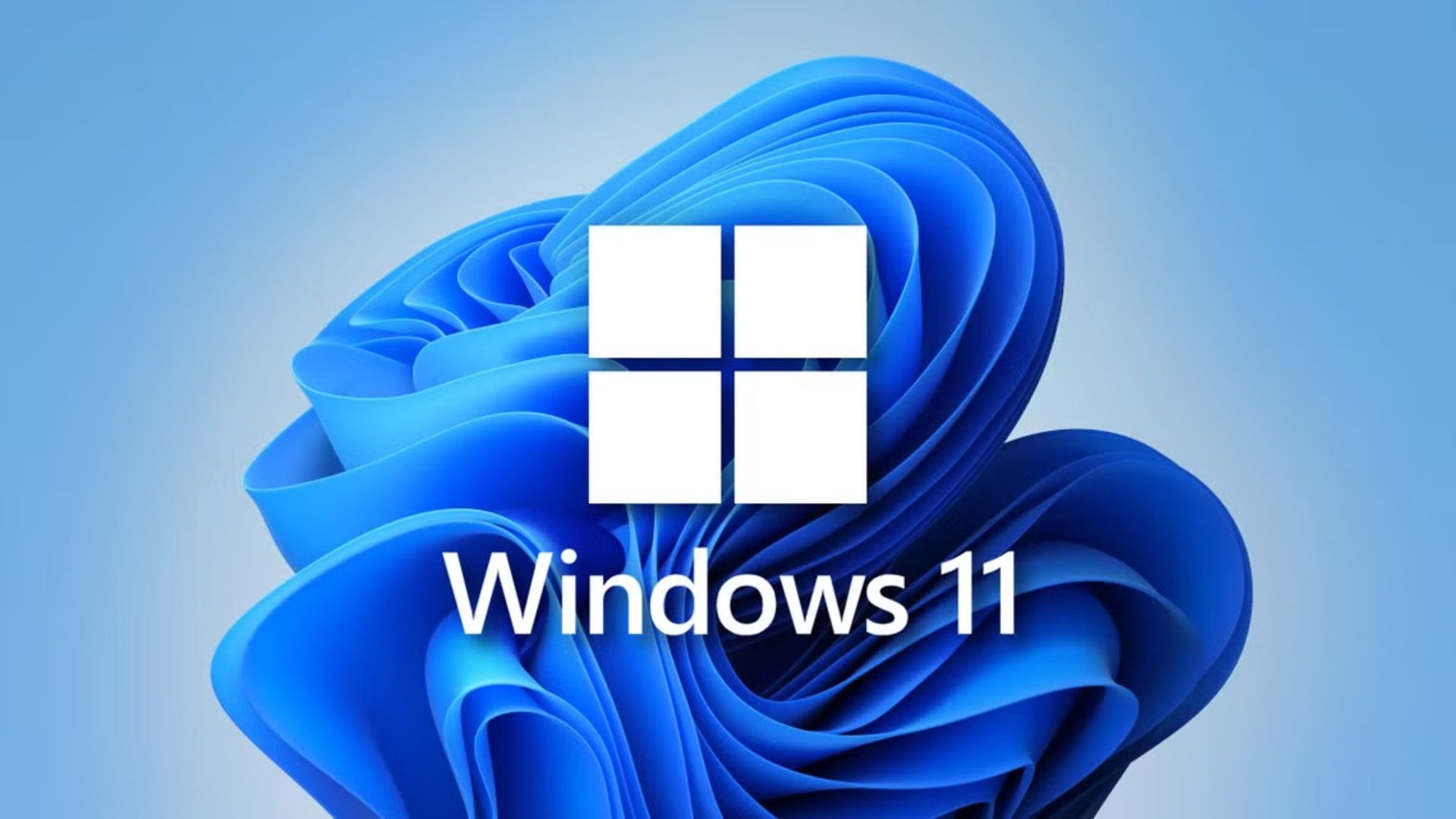There have been some reports saying that Windows 11 will stop supporting Intel processors from the 10th generation and earlier. However, these claims are overexaggerated.
A recent Microsoft document about supported processors for Windows 11, version 24H2, was released, but it wasn’t necessarily for the general public. The document focuses on the Intel processors that manufacturers can use for new Windows 11 devices, and it includes a variety of Intel processors, from Atom to Xeon, covering several generations.
What’s important to note is that this list is meant for new devices and shows the minimum supported processor generations. It also explains that newer processors with the same design standards (like security and reliability) will still be considered supported, even if they’re not specifically listed. This means that devices currently using older Intel processors won’t lose access to Windows 11.
The processor list won’t always include the latest processors, but Microsoft plans to update it with each new version of Windows. The document doesn’t say that support for current systems is ending; instead, it’s meant to guide manufacturers in making new hardware that works with Windows 11. Including some older processors in the list shows that there is still a focus on making sure users can use their older devices.
The document states that new Windows 11 devices must use up-to-date drivers that meet specific standards for compatibility. Obviously, Microsoft would want manufacturers to use the latest technology available. This focus on drivers is aimed at new devices and does not suggest that support for older systems is changing. The official minimum requirements for Windows 11 haven’t changed since its release—you still need an 8th gen Intel CPU or AMD Ryzen 2000 series processor, paired with least 4GB RAM.
The confusion comes from how the OEM (Original Equipment Manufacturers) guidelines are read. Most assume this means a complete end, but that’s not the case. Manufacturers being advised not to use older Intel processors in new devices doesn’t mean Windows 11 will stop working on computers that already have these processors.
Anyone with older Intel systems shouldn’t worry about losing functionality or support, though a potential Windows 12 update later this year or next year could be a different story.
Source: Microsoft




